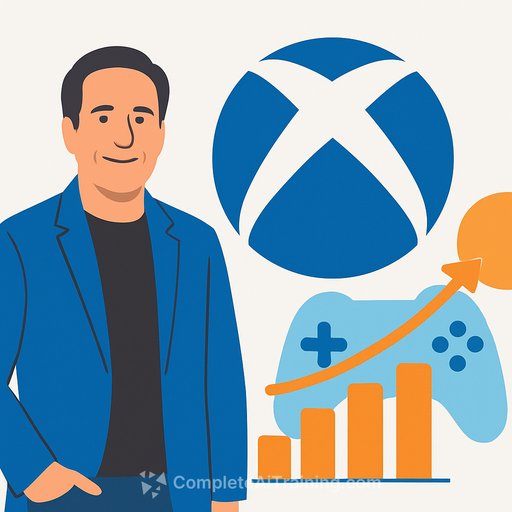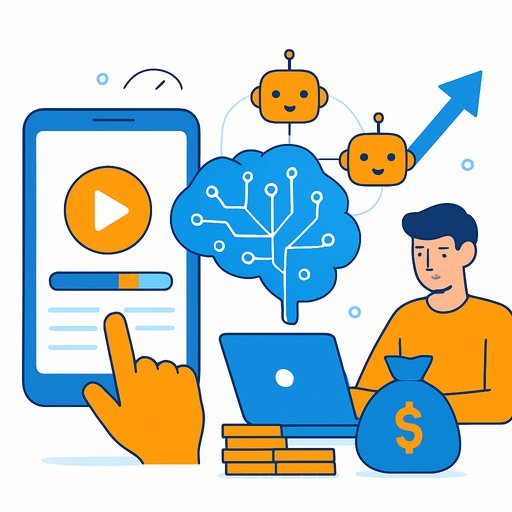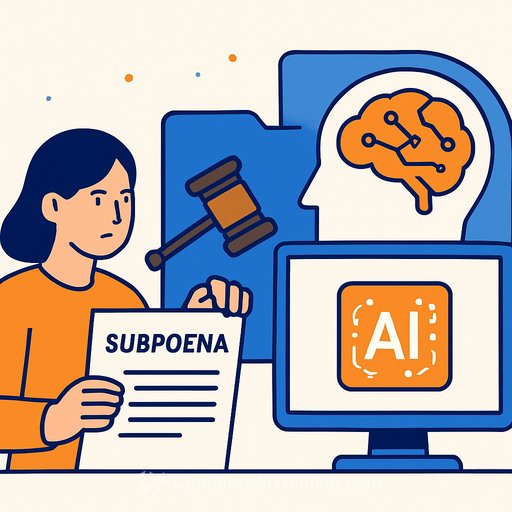Phil Spencer: Xbox isn't forcing AI on creatives - and Japan is finally warming up
Microsoft Gaming CEO Phil Spencer drew a clear line: AI at Xbox is a safety tool first, not a creative directive. No top-down rule to use AI in production. Teams choose what helps. That's the headline.
There's also a notable shift in Japan. Xbox playtime in the region is up ~20% year over year across console, PC, and cloud. It's growth from a small base, but it's real - and it tracks with more local content and a broader, platform-agnostic strategy.
AI at Xbox: moderation, not mandate
Spencer said the primary use of AI today is security and Xbox Live moderation - especially voice and text chat. The goal: keep conversations safe and give parents control over who can contact protected accounts. He called it "not the most glamorous use of AI, but something I fundamentally believe in."
If your work touches community features, that matters. Better moderation = healthier feedback loops and less chaos in player-to-player interactions. For creatives, that's oxygen.
Want to see how Xbox handles family controls? Xbox Family Settings is a useful reference.
No push to use AI in production
Spencer's stance for creative teams is hands-off. "I really leave it up to the teams," he said. No requirement to adopt AI for art, writing, or design. Tools get used when they reduce friction, not because leadership says so.
He also noted there are "no goals in our model" to apply AI to production right now. The interest is elsewhere: using AI to help players discover content based on their history, not to generate the content itself.
Context: different playbook than EA
This contrasts with EA's recent partnership with StabilityAI and reports of internal pushback to a top-down AI mandate. The Financial Times also reported that AI-led cost savings factor into a proposed buyout involving Saudi Arabia's Public Investment Fund. Pressure is mounting across the industry - Xbox is signaling patience and optionality.
Japan: 20% playtime growth and more local bets
Spencer pointed to increased hours played in Japan and a stronger slate that speaks to local players. Microsoft Game Studios is publishing Ninja Gaiden 4 and Hideo Kojima's OD, and the company continues to loosen platform walls. The latest marker: Halo coming to PS5.
Yes, the growth comes from a low base - and "Xbox" now includes console, PC, and cloud - but the direction is clear. If you build for Japanese players, that audience is easier to reach than it used to be.
What this means for creatives
- Use AI where it removes friction. Think moderation tooling, content discovery, asset tagging, QA support - not forced content generation.
- Expect autonomy. Choose tools that speed your workflow; you won't be graded on AI usage for its own sake.
- Design for discoverability. If recommendation systems matter more, metadata, retention loops, and smart onboarding matter more too.
- Plan for platform flexibility. With Halo landing on PS5, assume your work could live across ecosystems. Build assets, UI, and pipelines that port cleanly.
- Bet on community health. Safer chats and tighter controls improve playtests and live ops. Treat moderation as part of the player experience, not an afterthought.
Practical next steps
- Audit your pipeline: where would an assistant help - search, tagging, localization checks, prototyping?
- Ship small experiments: A/B test recommendation-friendly structures (e.g., episodic updates, curated starter paths).
- Prepare cross-platform assets: resolution packs, input schemes, and build scripts that reduce port time.
- Codify safety touchpoints in your design docs: report flows, block/mute UX, and toxicity thresholds.
If you're exploring AI skills that fit this "use it where it helps" approach, browse our curated paths for creative roles: Courses by job or the latest AI courses.
Your membership also unlocks:





